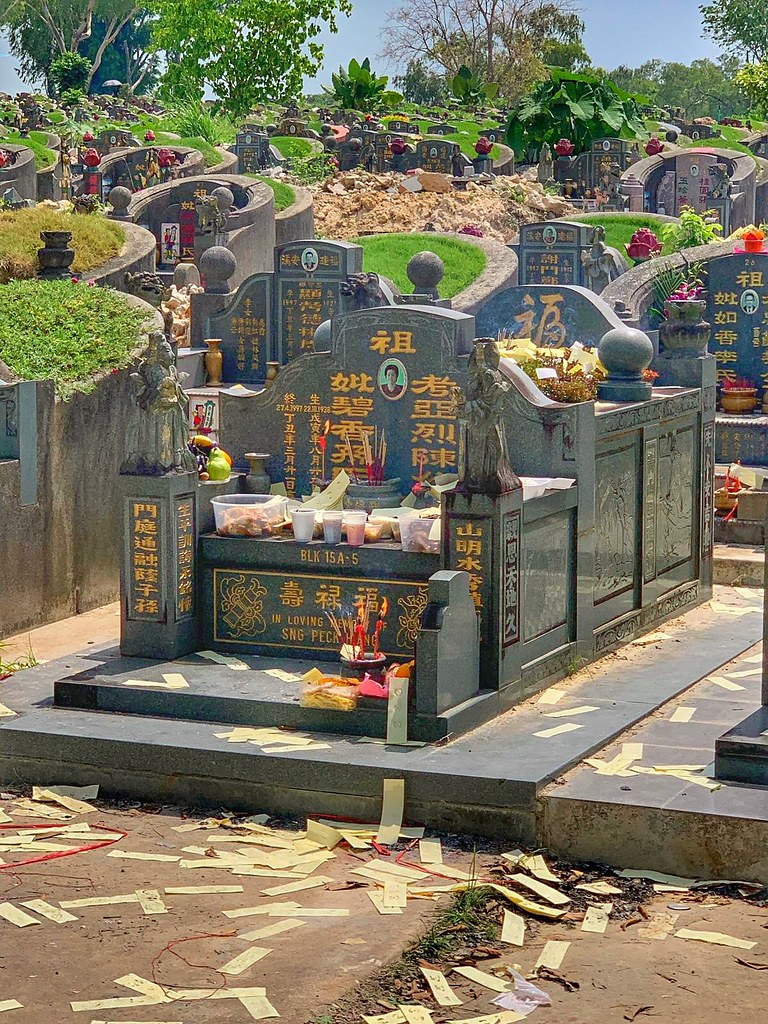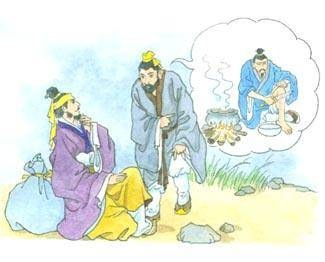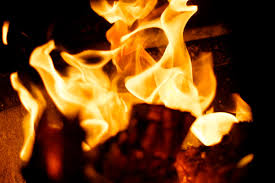Qingming: What is the Tomb Sweeping Festival in China (2024)
April 03, 2022
Like in many cultures across the globe, commemorating the departed is important in Chinese culture. In China, the Qingming festival is observed by the locals for this very purpose.
In this article, we will discuss what the Qingming festival is, why the Chinese celebrate it, as well as the origin of the Qingming festival, before exploring some common Qingming Festival traditions and phrases.
What is the Qingming Festival and why is it celebrated?
When is the Qingming Festival celebrated?
How is the Qingming Festival celebrated in China?
History and Origin of the Qingming Festival
Qingming Festival traditions and foods: Tomb Sweeping Day Do's and Don'ts
Useful Qingming Festival Words and Phrases
What is the Qingming Festival and why is it celebrated?
The Qingming Festival (清明节 Qīngmíng jié in Chinese), also known as Tomb Sweeping Festival or the Pure Brightness Festival (the literal translation of 清明 is “pure and bright”), is an important Chinese festival for honoring the deceased.

When is the Qingming Festival celebrated?
The Qingming Festival falls on the fifteenth day after the Spring equinox which is typically around April 4th or 5th.In 2024, the Tomb Sweeping Festival will be on April 4th.
How is the Qingming Festival celebrated in China?
During the Tomb Sweeping Festival, Chinese people will visit their ancestors’ tombs to tidy the grave, pray to their ancestors, and make offerings, including leaving food and burning incense or paper offerings at the gravesite.
The Qingming Festival occurs 15 days after the spring equinox, which means it typically falls in early April. In 2023, the Qingming Festival will be celebrated on April 5th.
History and Origin of the Qingming Festival
The Tomb Sweeping Festival has been observed in China since the Spring and Autumn Period (between 700–476 BC), though it was only recognized as a public holiday in mainland China in 2008.
The "Qingming" in "Qingming festival" originally referred to the Qingming solar term, or the period in the lunar calendar when the weather starts to get warmer, and spring begins.
In ancient times, the day before the Qingming solar term was the Cold Food Festival (寒食节 Hánshíjié in Chinese). Over time, the Cold Food Festival was combined with Qingming, and both were celebrated as one.
According to legend, the Cold Food Festival honors Jie Zitui, a nobleman who followed his master Prince Chong’er into exile. When Prince Chong’er was on the brink of starvation, Jie Zitui cut a piece of flesh from his own thigh for the prince to eat.

Later, when Prince Chong’er was restored to power and became the Duke of Wen, he generously rewarded all his loyal servants. However, the prince forgot all about Jie Zitui, passing him over many times. Greatly saddened, Jie Zitui eventually retired to the forest with his mother.
When the Duke realized Jie Zitui had left, he wanted to make things right and reward Jie for his past sacrifices. Duke Wen went to the forest in search of Jie and his mother, though he was unable to find them. Hoping to force Jie and his mother out of the forest, the Duke ordered his men to set fire to the forest. Tragically, Jie and his mother died in the fire. Duke Wen was overcome with grief and built a temple in Jie’s honor.
To further commemorate Jie Zitui, the Duke forbade fires for a month each winter. Since the people could not light fires, they could only consume cold foods, which is how the Cold Food Festival got its name.

However, given how cold winters in northern China can be, this practice eventually was reduced to three days in early spring (what is now the Qingming Festival).
Qingming Festival traditions and foods
The Do's of Tomb Sweeping Festival
Traditionally, during the Qingming Festival people will visit their ancestors’ tombs to clean them, pray, and make offerings to their ancestors in the afterlife. Some people will also pay homage to deceased legendary or national heroes during the Qingming holiday.
People may carry willow branches or hang them on their gates as a defense against wandering troubled spirits during the Tomb Sweeping Festival.
After visiting the ancestral graves, people will often eat the food offerings they brought or go out with the whole family for a large meal. As the weather is typically improving, many families go for “spring outings” (踏青 tàqīng) to enjoy nature and spend time together. Flying lanterns and kites during these outings are also popular activities.
As for foods, traditional Tomb Sweeping Festival foods include green glutinous rice balls (青团 qīngtuán), deep-fried dough twists (撒子 sāzi or 寒具 hánjù), and cold foods, a tradition which was carried over from the Cold Food Festival.
The Don'ts of Tomb Sweeping Festival
As the Tomb Sweeping Festival is associated with the dead, it is important to keep a few taboos in mind so as to not offend others.
Firstly, wishing someone a "happy Qingming" is a big no-no, so refrain for saying "清明节快乐" to a Chinese person. Instead, the right greeting for the Tomb Sweeping festival is "清明节安康". (Keep reading to find out what it means.)
Additionally, red or bright attires should not be worn to the cemetery, and graves should be swept before 3 PM.
Taking photos at the cemetery is also considered disrespectful and may bring bad luck.
Lastly, one should not visit friends and relatives on the Qingming festival as they should be given privacy to commemorate their ancestors.
Useful Qingming Festival Words and Phrases
| Chinese | Pinyin | English |
|---|---|---|
| 清明节 | Qīngmíng jié | Tomb Sweeping Festival |
| 寒食节 | Hánshíjié | Cold Food Festival |
| 清明节安康 | Qīngmíng jié ānkāng | May you have a peaceful and healthy Tomb Sweeping Festival |
| 节哀顺变 | jié'āi shùnbiàn | I’m sorry for your loss |
| 扫墓 | sǎomù | to sweep a gravesite |
| 踏青 | tàqīng | spring outing |
| 青团 | qingtuan | sweet green Chinese dumplings |
| 撒子 | sāzi | deep-fried dough twists |
| 纸钱 | zhǐqián | paper money |
Learn more about Chinese holidays!
Whats is the Longtaitou Festival
All About The Chinese Lantern Festival
Dragong Boat Festival: Food, Facts and Traditions
What is the Spring Festival in China?
About the Author
Eden has been learning Chinese since 2008. She fell in love with the language, food, and culture and never looked back! Eden lived in China for six years, including in Harbin, Beijing, and Dali.
